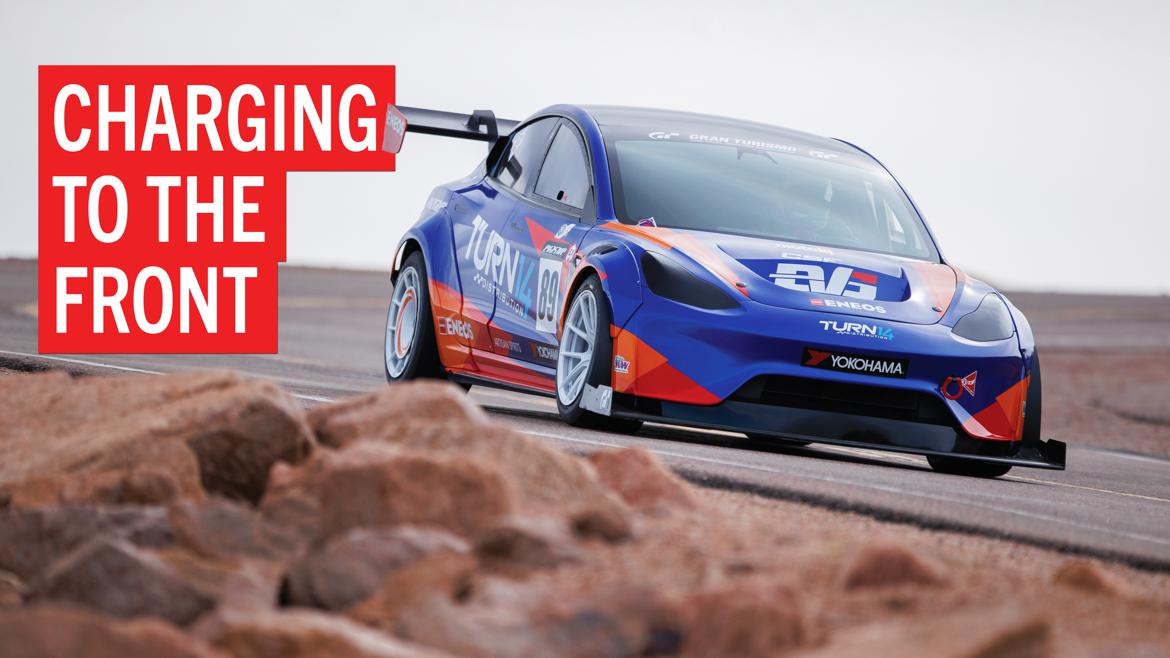It's a real problem. It's relatively easy to roll out a bunch of chargers, but each one of those is a commitment to maintenance and we all know how much harder that is.
I've heard all sorts of stories about non-Tesla chargers in particular being a royal PITA to get working. That's why Porsche sent along some engineers to make stuff happen when GRM took a Taycan on a road trip a couple of years back, they ran into some glitches and apparently an EA engineer even got called out.
From the actual study, they were specifically looking at CCS fast chargers and did not look at the slower and much more common Level 2 chargers. That's good because those CCS tend to be the newest ones and it'll be the high speed standard to use, but it's probably worth remembering. Level 2s are good for sipping if you're running around town or staying in one place for a long period of time but they're not for road trips.
This study evaluated the functionality of the charging system for 657 EVSE (electric vehicle service equipment) CCS connectors (combined charging system) on all 181 open, public DCFC (direct current fast chargers) charging stations in the Greater Bay Area. An EVSE was evaluated as functional if it charged an EV for 2 minutes or was charging an EV at the time the station was evaluated...Causes of 22.7% of EVSEs that were non-functioning were unresponsive or unavailable screens, payment system failures, charge initiation failures, network failures, or broken connectors.
The study later says that broken connectors were only found in 0.9% of the chargers surveyed, and they couldn't manage to get a Chevy Bolt (specifically) close enough to plug in 5% of the time. A Bolt can only charge at 55 kW so it's unlikely to be a road trip car - you can decide if this 5% should be counted against the non-functional number. If you own a Bolt, it certainly would. And 55 kW is a handy number if you're opportunity charging while doing something else.
Payment was more than half of the failures - so the charger might have been working, but the network couldn't authorize a card. That tracks with what I've heard from other non-Tesla EV owners trying to road trip, trying to convince the charger to play is the big hassle. Looks like ChargePoint has a bigger problem than EA or EVgo when you read the results, with over a third of their chargers refusing to authorize.
One last note about the study:
...the test methodology used did not include having the EV driver call a service number if they were unable to charge the EV. The need to call a service number for assistance might be considered by some a normally functioning system.
I agree with them that this shouldn't be necessary, but it would have been interesting to make that call and see how many of the stations could be made to work, and what this meant time-wise.
Tesla did a very smart thing in building out their own charging network and making the experience so simple. It really drove the adoption of EVs as normal cars. It shows what's possible and I think the Tesla network is still a major plus for anyone looking for a road-trip capable EV. One of the big things about the Teslas is that the car arranges for payment and authorization by talking directly to the charger, and while the standard has been developed to offer that for CCS I don't know if it's been fully implemented in a vehicle in the US yet. I think the Lightning is supposed to have it. Would that solve the majority of problems found in this study? Hard to say.
I hope those Alphas make it to production too :)










































